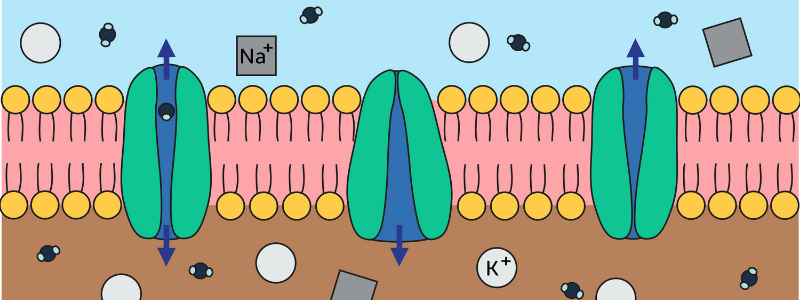Articles

The Story of the Tendon Hammer
The tendon hammer is one of the most historically resilient medical instruments still in use today. It is a simple yet invaluable device that can be used to diagnose a wide variety of nervous system and muscular disorders. Almost 130 years after the invention of the...

Nerve Agents
The nerve agents, sometimes also called nerve gases, are a group of particularly toxic chemical warfare agents that were initially developed just before and during World War II. The first compounds to be synthesised are known as the G agents ("G" stands for German, as...

Thermal Burns: The Management of Minor Burns
The current ATLS guidelines recommend that all deep-partial and full-thickness burns larger than 20% total body surface area (TBSA) are considered major burns that require resuscitation, while some other sources suggest a lower cut off of 15%. The American Burn...

Thermal Burns: Initial Assessment and Management
The initial assessment of the patient with thermal injuries involves the following steps. There are multiple priorities in a burned patient, and in reality, these are usually managed in parallel or a horizontal manner by a fully trained resuscitation team: Stop the...

Thermal Burns: Background and Pathophysiology
Thermal burns are a significant cause of morbidity and mortality, but following the Advanced Trauma Life Support (ATLS) basic principles of initial trauma resuscitation and initiating simple emergency measures can significantly minimise their effect. It is estimated...

Compartments and Fluid Spaces in Health
The amount of water in the body varies with a patient’s age, weight, and sex. Total body water (TBW) accounts for around 60% of an adult male’s total body weight; a normally hydrated 75 kg man will consist of approximately 45 L of water. There are two major fluid...

Dr. Joseph Bell: The Real Life Sherlock Holmes
I have been fascinated with the detective Sherlock Holmes since childhood. His almost supernatural powers of observation and deduction in stories such as ‘The Sign of the Four’, ‘The Speckled Band’, and ‘A Study in Scarlet’ captivated me and I have re-read them many...

Hyperthyroidism
Hyperthyroidism is a clinical syndrome that results from an excess of circulating thyroid hormones. It is more common in women, and the incidence increases with age. In Europe, it affects approximately 1 in 2,000 people annually. Aetiology Hyperthyroidism can...

Hypothyroidism
Hypothyroidism is a clinical syndrome that results from a deficiency of circulating thyroid hormones. It affects women more commonly than men and is most frequently seen in the over 60s. The term myxoedema refers to a more severe form of the syndrome where there has...

Acute Epiglottitis
Acute epiglottitis is inflammation of the epiglottis. When there is involvement of the soft tissues surrounding the epiglottis, then it is referred to as acute supraglottitis. It can result in life-threatening airway obstruction and death if rapid treatment is not...




